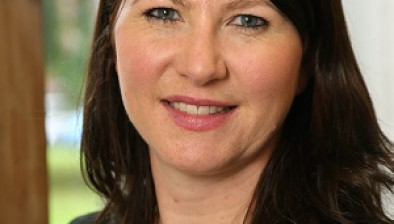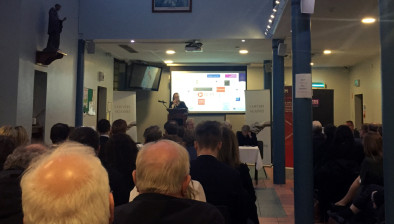Local authorities ‘refusing homeless accommodation’ to families in dire need

Families and individuals in dire need of emergency homeless accommodation are being refused access by some local authorities, masking the real extent of homelessness in the population, according to the Mercy Law Resource Centre (MLRC).
In its latest annual report, published today, the independent law centre and registered charity says some local authorities are not allowing people access to emergency accommodation, forcing them into couch-surfing, hidden homelessness and, for some, rough sleeping.
Some authorities fail to comply with basic legal requirements, such as not supplying written reasons for a decision, it adds.
MLRC provides free legal advice and representation for people who are homeless or at risk of becoming homeless. In their frontline work, MLRC staff found inconsistency where laws were applied and sometimes it has seemed that laws are simply being ignored.
MLRC saw a 157 per cent increase in queries regarding emergency accommodation in 2023, dealing with 139 cases, compared to 54 in 2022.
It said systemic issues in how local authorities manage emergency accommodation highlight the need for greater transparency, fairness and accountability. Those most heavily impacted by poor public administration across the State often came from some of the most vulnerable groups, such as those fleeing domestic violence.
For the first time, over half of MLRC’s clients were based outside Dublin, reflecting its growing national reach and the rising levels of rural homelessness.
Casework from these areas revealed poor administrative decision-making by local authorities with discrepancies in their homelessness reporting, the report states. Staff found that some authorities are under-reporting official figures despite the evident increase in rough sleeping in rural towns.
MLRC solicitor Adam Boyle said: “Our clients continue to face significant barriers in accessing emergency accommodation. Many are turned away despite meeting the necessary criteria, often with no clear explanation.
“The inconsistent application of rules leaves already vulnerable individuals at greater risk of rough sleeping or precarious living situations. People should not need to engage solicitors in order to access emergency homeless accommodation.
“The surge in queries reflects the scale of the housing crisis and the urgent need for reform in emergency accommodation services.
“As we launch this report, we urge the government to ensure local authorities are sufficiently resourced both in terms of ensuring sufficient emergency accommodation but also in terms of social housing supports which can prevent homelessness.
“At the same time, we call on the government to ensure that local authorities apply fair procedures and uphold the public sector equality and human rights duty.”
MLRC recorded a 30 per cent increase in phone calls from people looking for help in 2023, with 2,740 calls received and 758 new requests for legal assistance.
With a team of three solicitors, MLRC supported 44 organisations and handled significant demand for housing-related legal assistance.







